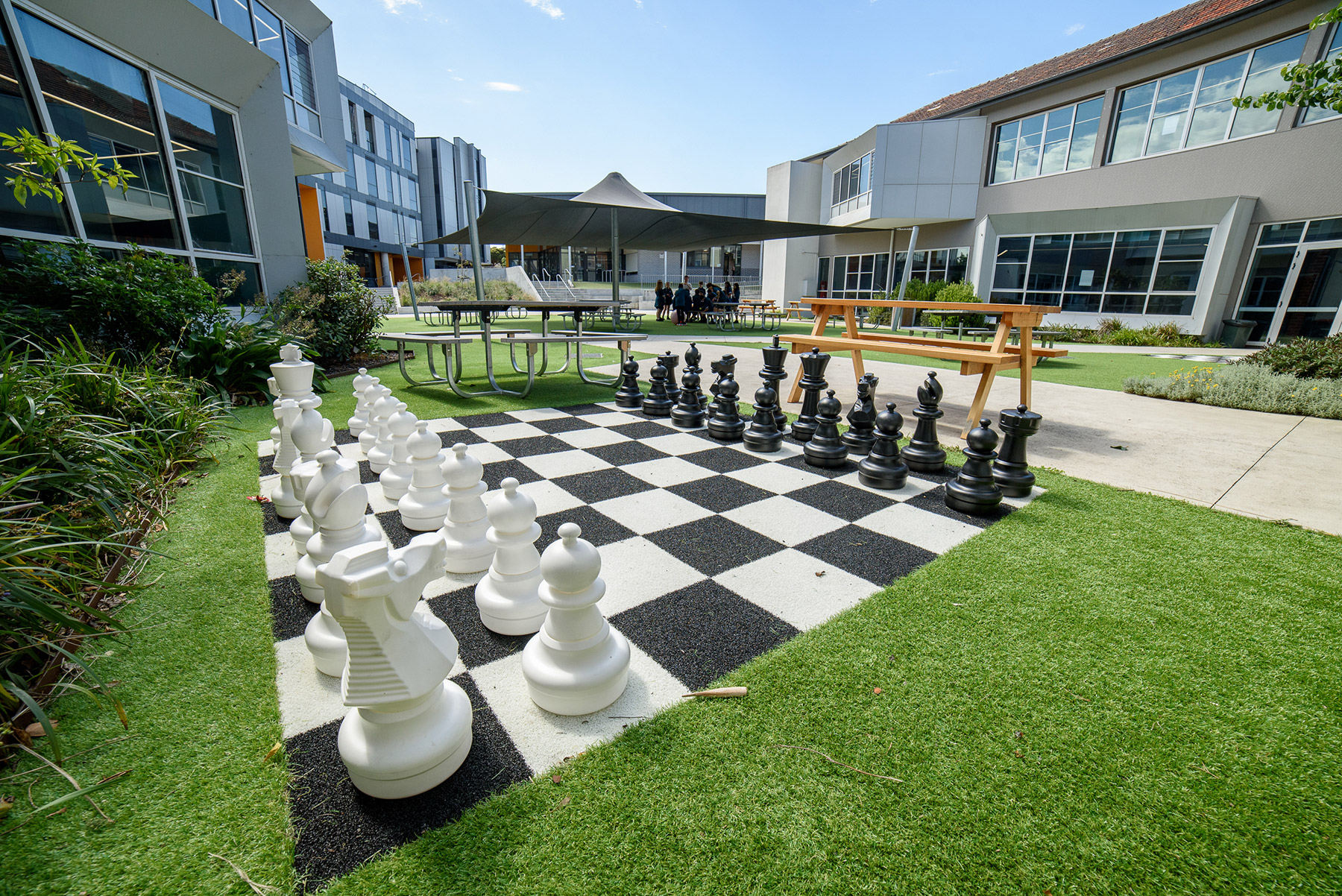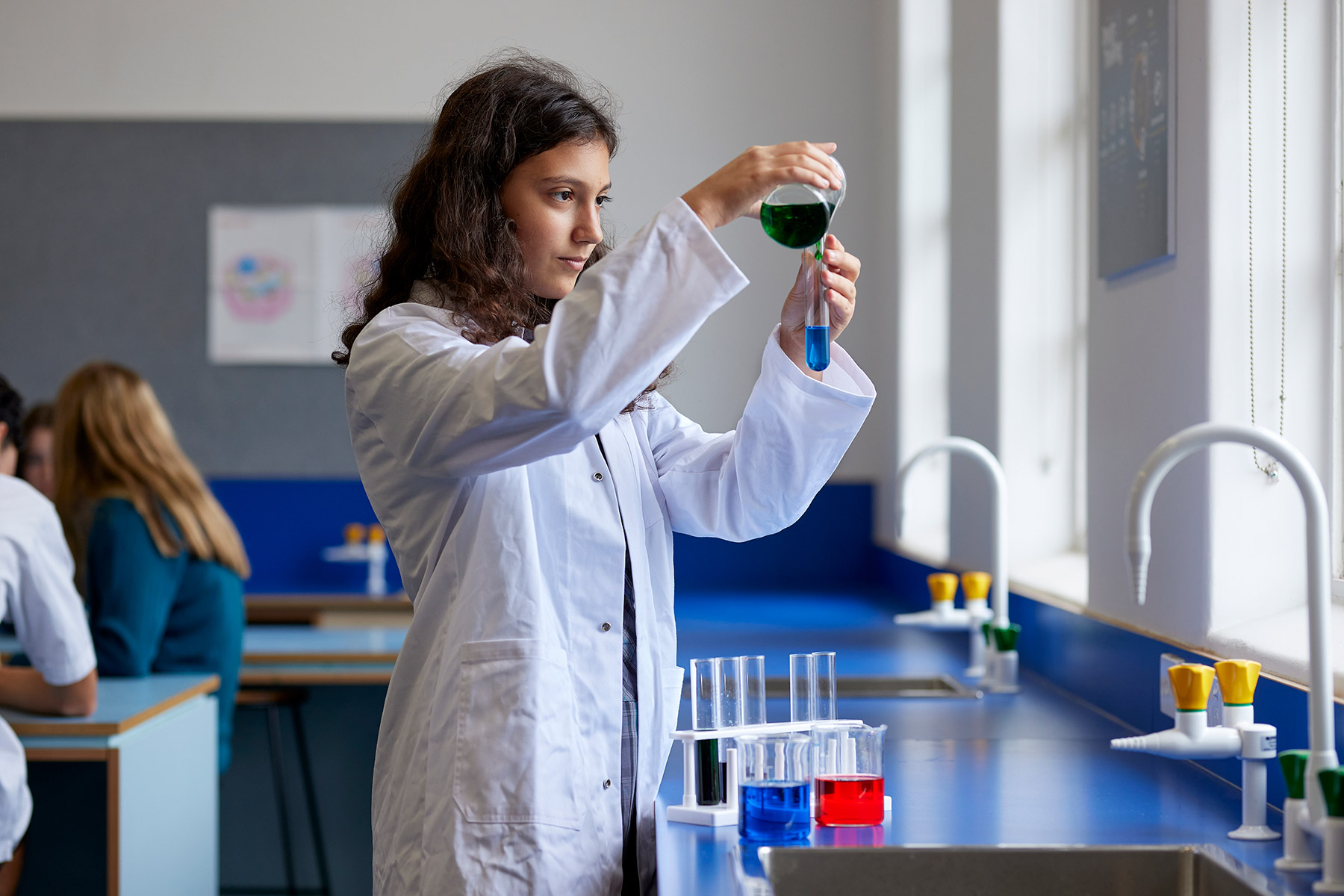
Curriculum
Future Students
Students at Preston High School study a range of courses from Years 7-12. Each year, students engage in rigorous learning programs that have been designed to developmentally progress and deepen their knowledge and understanding. Our collaboratively designed courses equip students with the skills and knowledge they need to be the leaders of tomorrow.
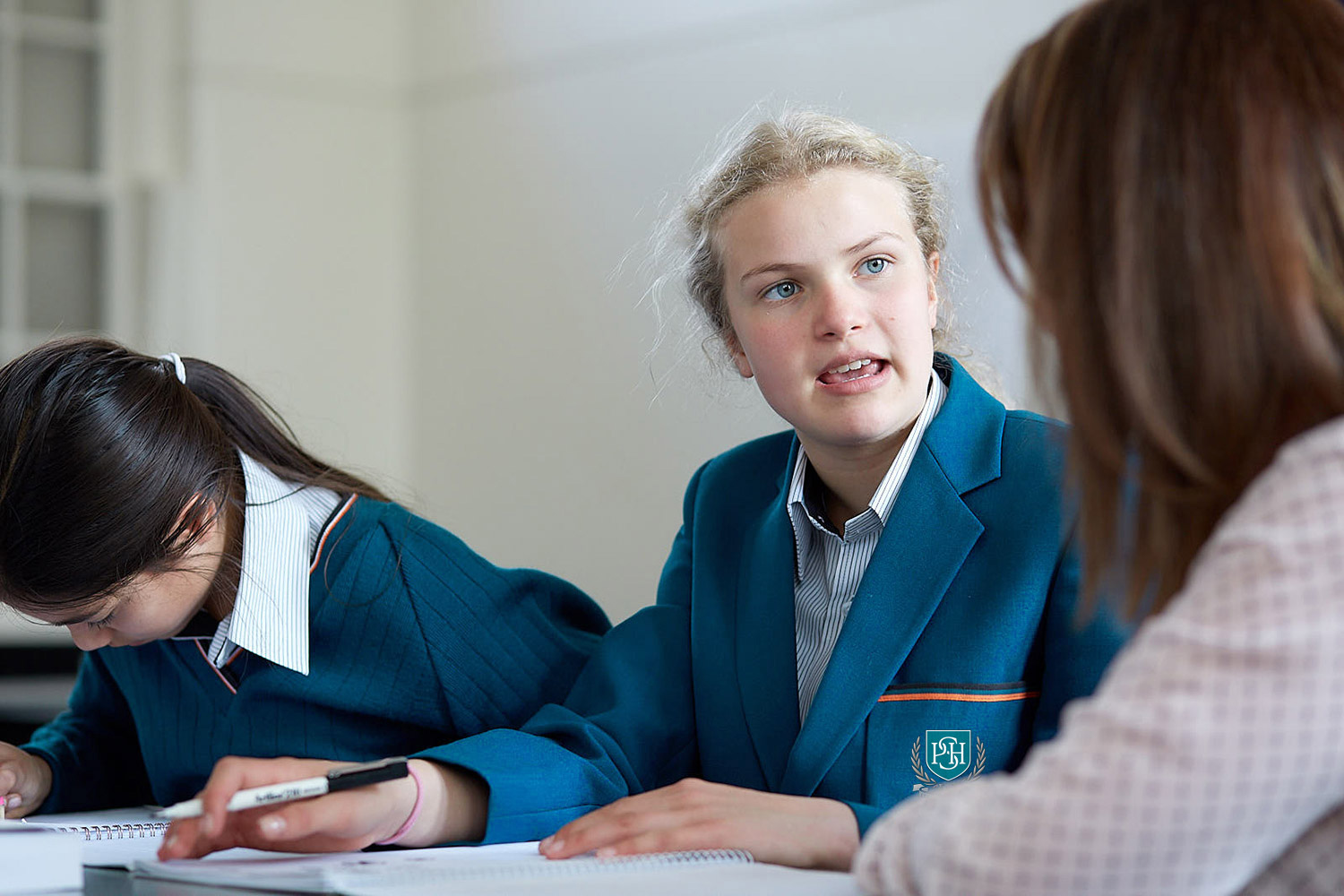
English
Students read, interpret and craft various texts, using them as vehicles to discuss and argue societal perspectives and values. They examine how authors use textual features and devices to convey meaning to audiences. Preston High School strives to engage with knowledge and skills in new and exciting ways. For example, in Year 8, students refine their imaginative writing to create an anthology. In Year 9, students demonstrate their understanding of bias by creating their own news reports. In Year 12, students attend a teacher-reader panel where teachers from different subjects discuss their perspectives on their text. English at Preston High School focuses on using texts for dialogue and conversation, ultimately fostering a more informed and empathetic community.
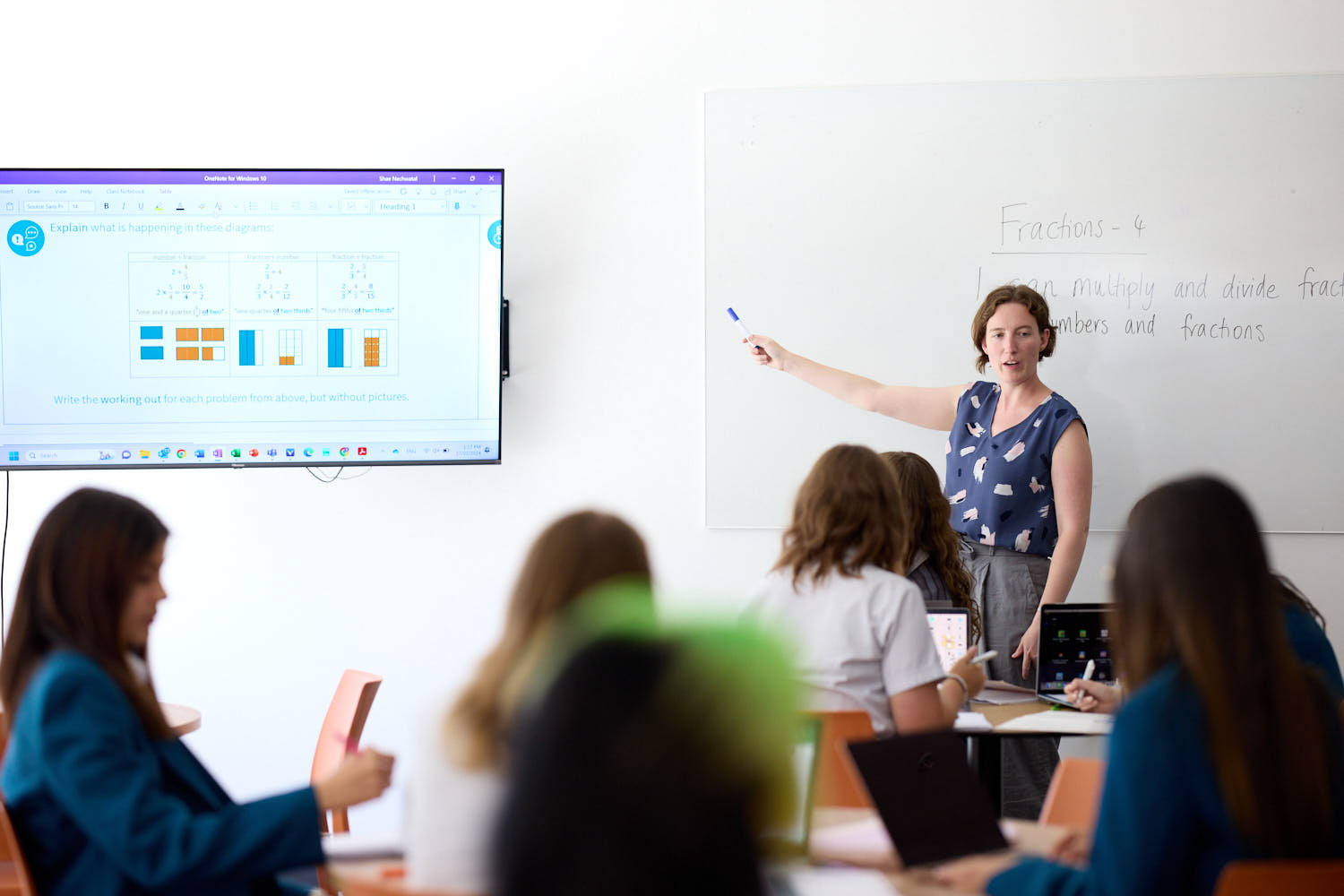
Maths
Students model and analyse a variety of contexts using numbers, statistics, equations and graphs. They develop indispensable reasoning and deduction skills, explore intriguing patterns and build a strong toolkit of techniques and dispositions to solve the problems of the world.
At Preston High School, students are empowered to develop math skills tailored to their individual levels of understanding. Each student is engaged and challenged, regardless of their starting point. Students also collaboratively solve real-world problems, such as using fractions to measure food, probability to determine if a game is rigged, or quadratic equations to predict if a ball will pass through the goals.
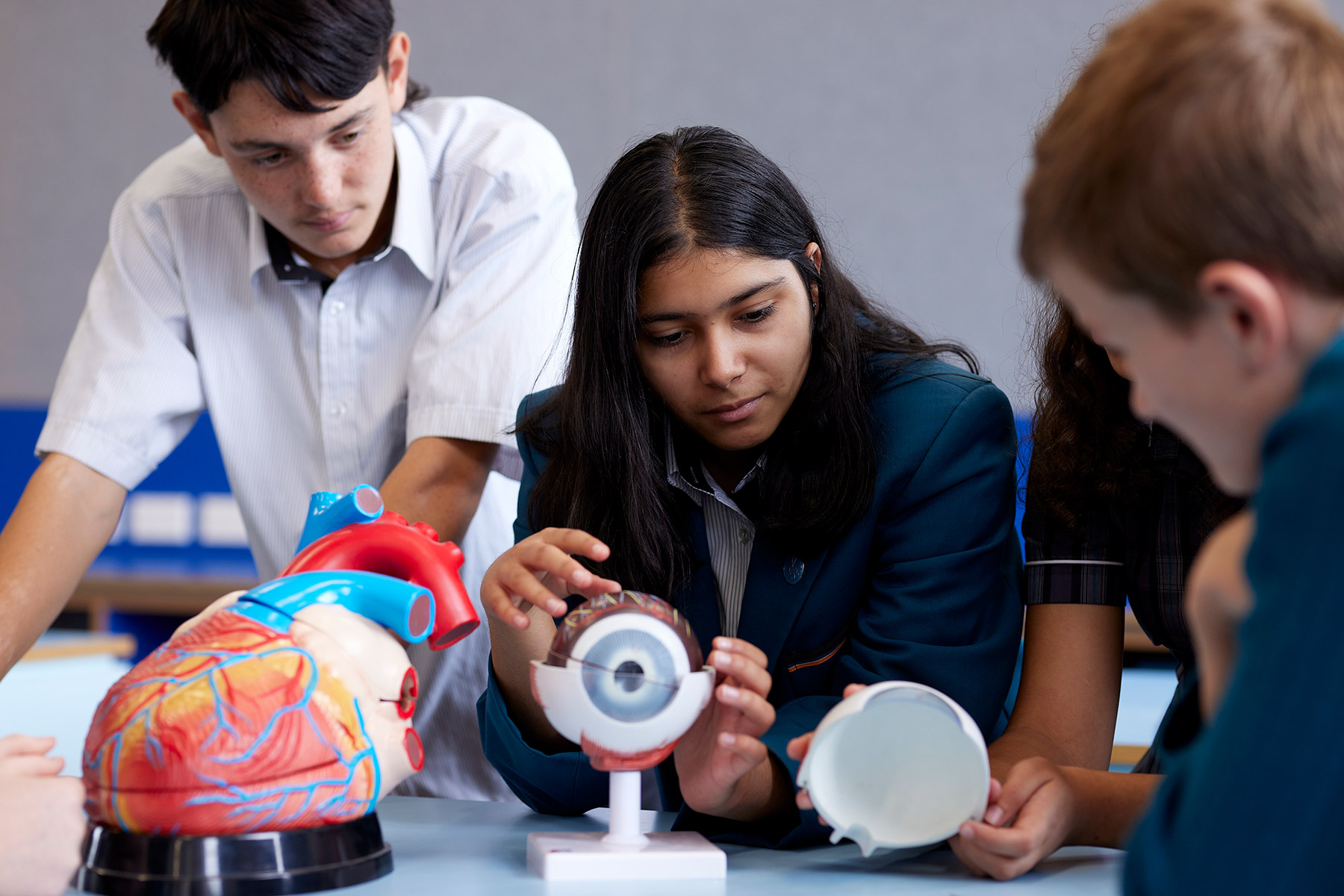
Science
Students build their understanding of key scientific concepts and processes through exploration and experimentation, exercising their critical thinking skills. At Preston High School, we equip students with scientific inquiry skills that enable them to engage with ideas in real-life contexts from a critical perspective. For example, in Year 7, students learn the elements of a fair test, and as they progress to Year 10, they plan and conduct fair tests to answer their own inquiry questions. This toolkit is continually developed across all STEM disciplines, helping students become scientifically literate members of their community who can critically evaluate the information they encounter in the real world.
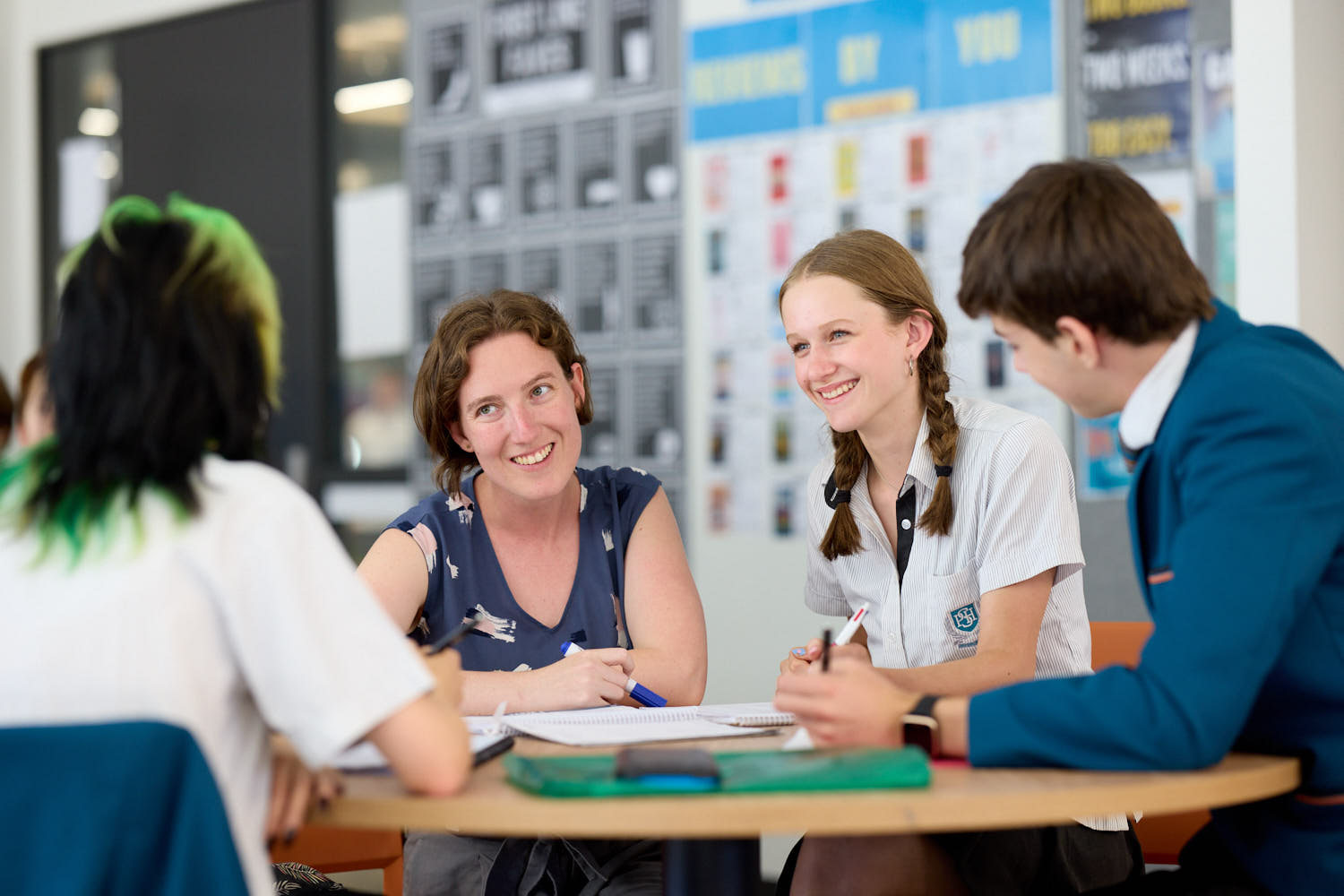
Humanities
Students explore a broad range of subjects including History, Geography, Philosophy, Economics, Business, Civics and Citizenship and Politics. Our units in Humanities are centred around big questions such as:
- What makes a great leader?
- What is power?
- Whose voices are heard in history?
- How can resources be managed sustainably and equitably?
- How do the decisions I make influence society?
- How are our views shaped by the media?
In Humanities, students make connections between the content and skills they learn to real-world situations and engage with contemporary issues relevant to them. Throughout the years, students complete philosophical inquiries, participate in fieldwork and develop important analysis and communication skills. At Preston High School, the Humanities program equips students with 21st-century skills they need to be active and engaged members of their communities.
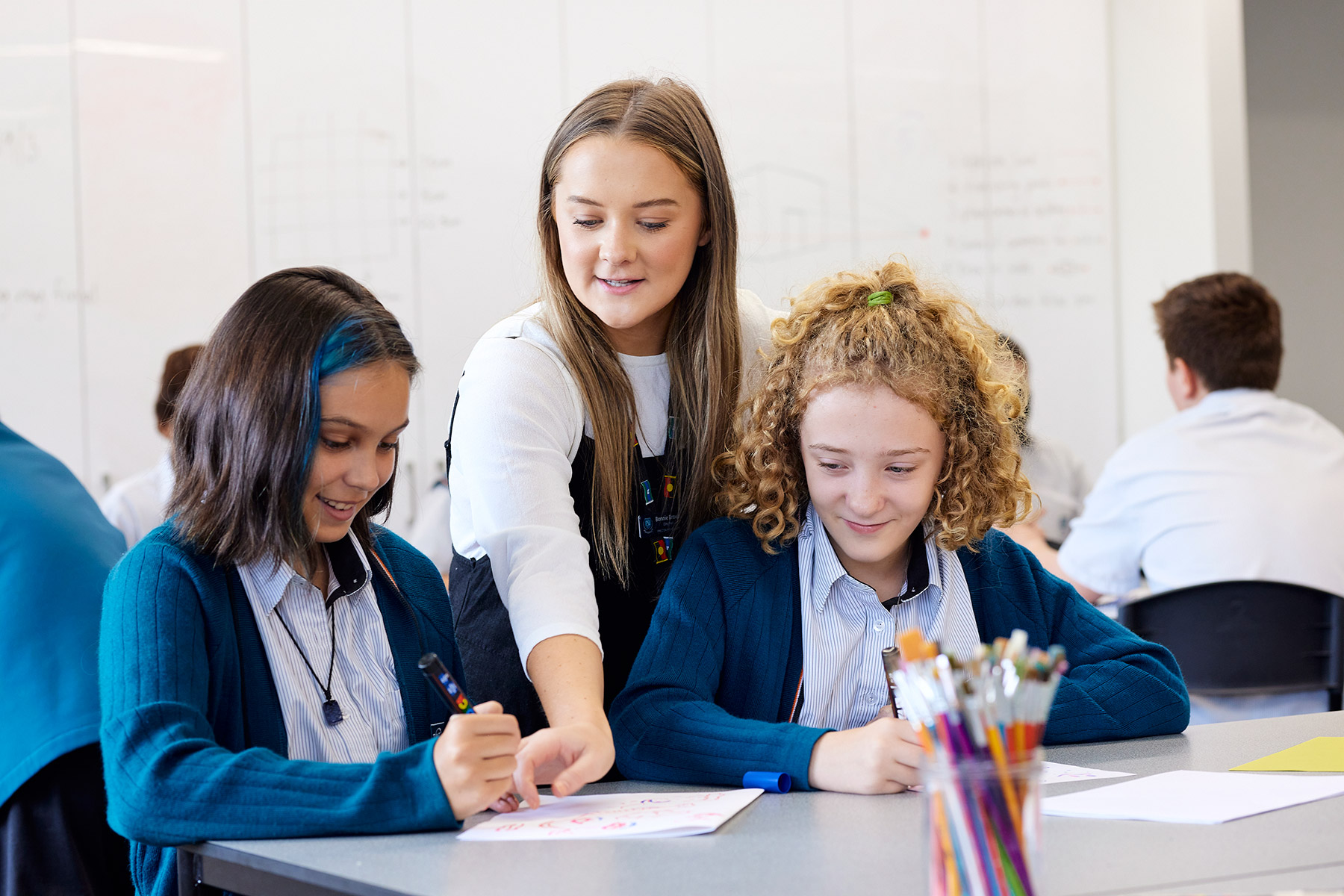
Art
Through the study of Art at Preston High School, students develop a deeper understanding of themselves and the world around them. Students are supported and extended to ensure each student’s artistic skills and abilities are honed to allow them to leverage their creativity to make a positive impact on the world. Through individual and collaborative practices, the Art curriculum at Preston High School serves as a catalyst for personal growth by encouraging students to embrace their unique voices and styles to create a more compassionate and interconnected global community.
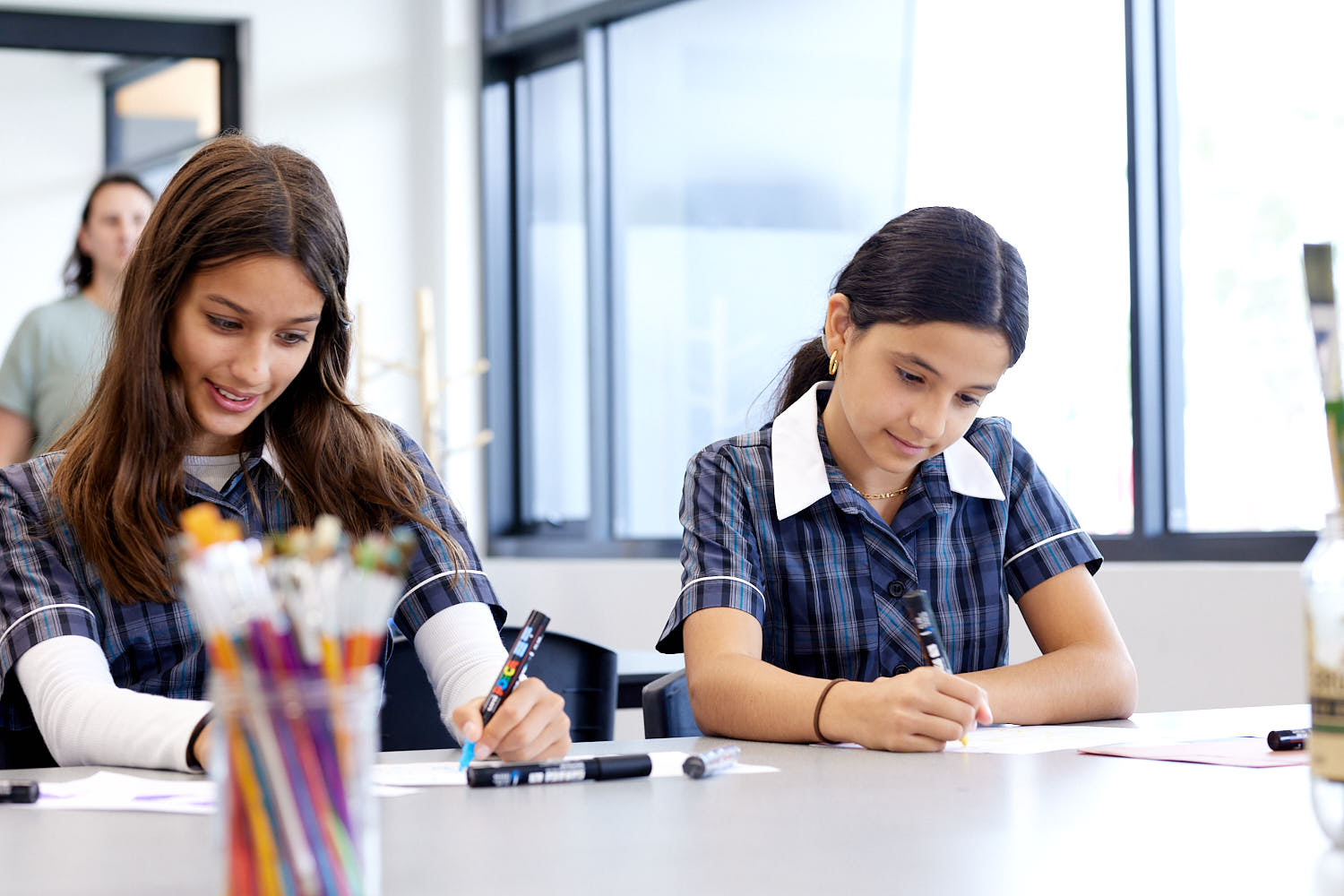
Languages
Chinese and French are taught from Years 7-12. Languages at Preston High School offer an enriching and diverse range of opportunities for students to explore and expand their linguistic horizons. Through our programs, students learn to communicate authentically and gain valuable skills in listening, speaking, reading and writing. Beyond language proficiency, our students also develop a deep appreciation for different cultures, which fosters a global perspective and understanding. Our students develop strong communication skills and cultural awareness, becoming empowered global citizens. This fosters valuable skills and a love for language.
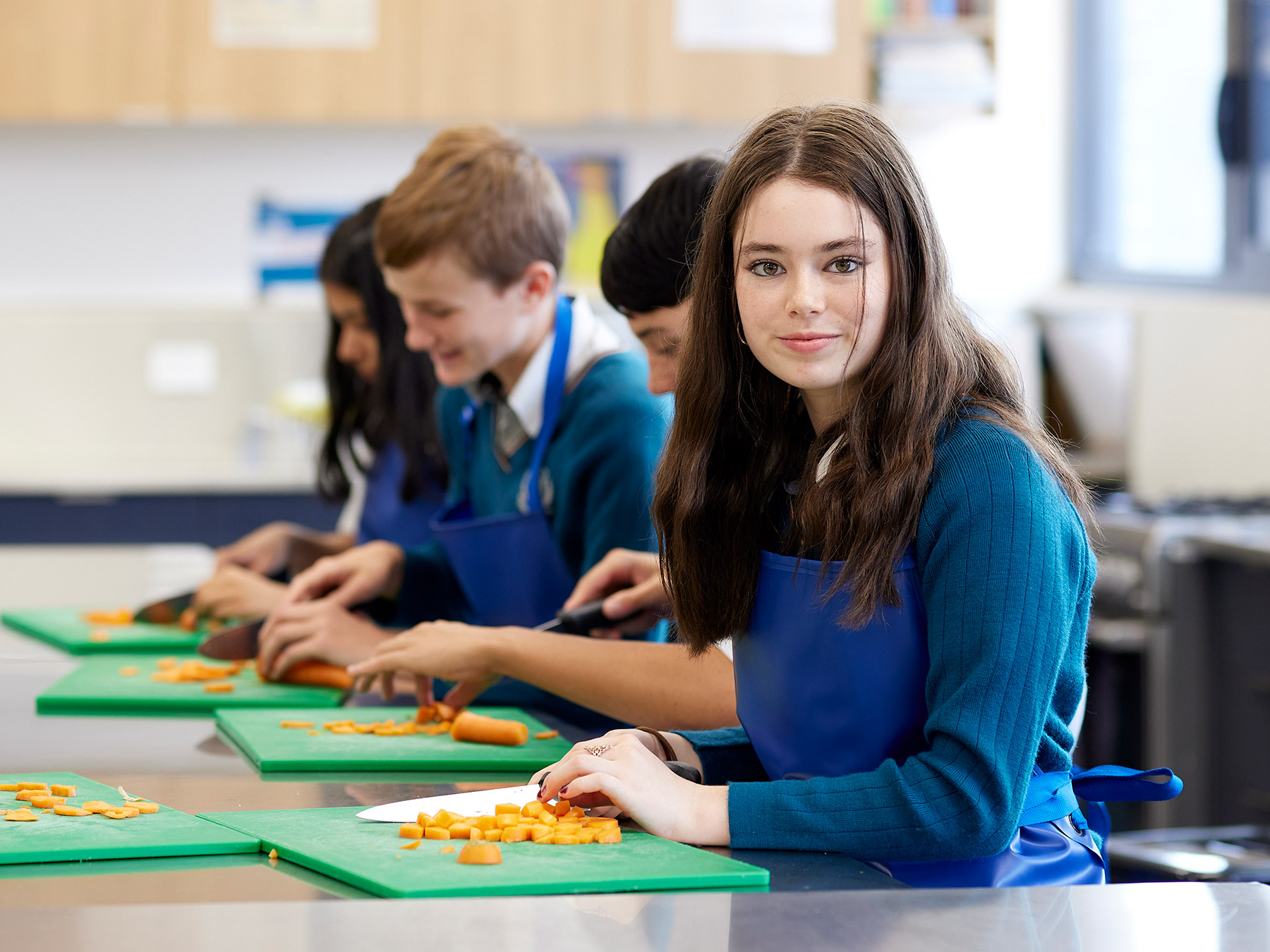
Health
Students develop knowledge and skills to engage critically with a range of health focus areas and issues. In Year 7, students create a health campaign on a health topic. In Year 8, students create an action plan for change. In Year 9, students make connections between Australian and global health. Through authentic concepts from an individual, local and global context, students are able to develop critical thinking skills to make informed health decisions.
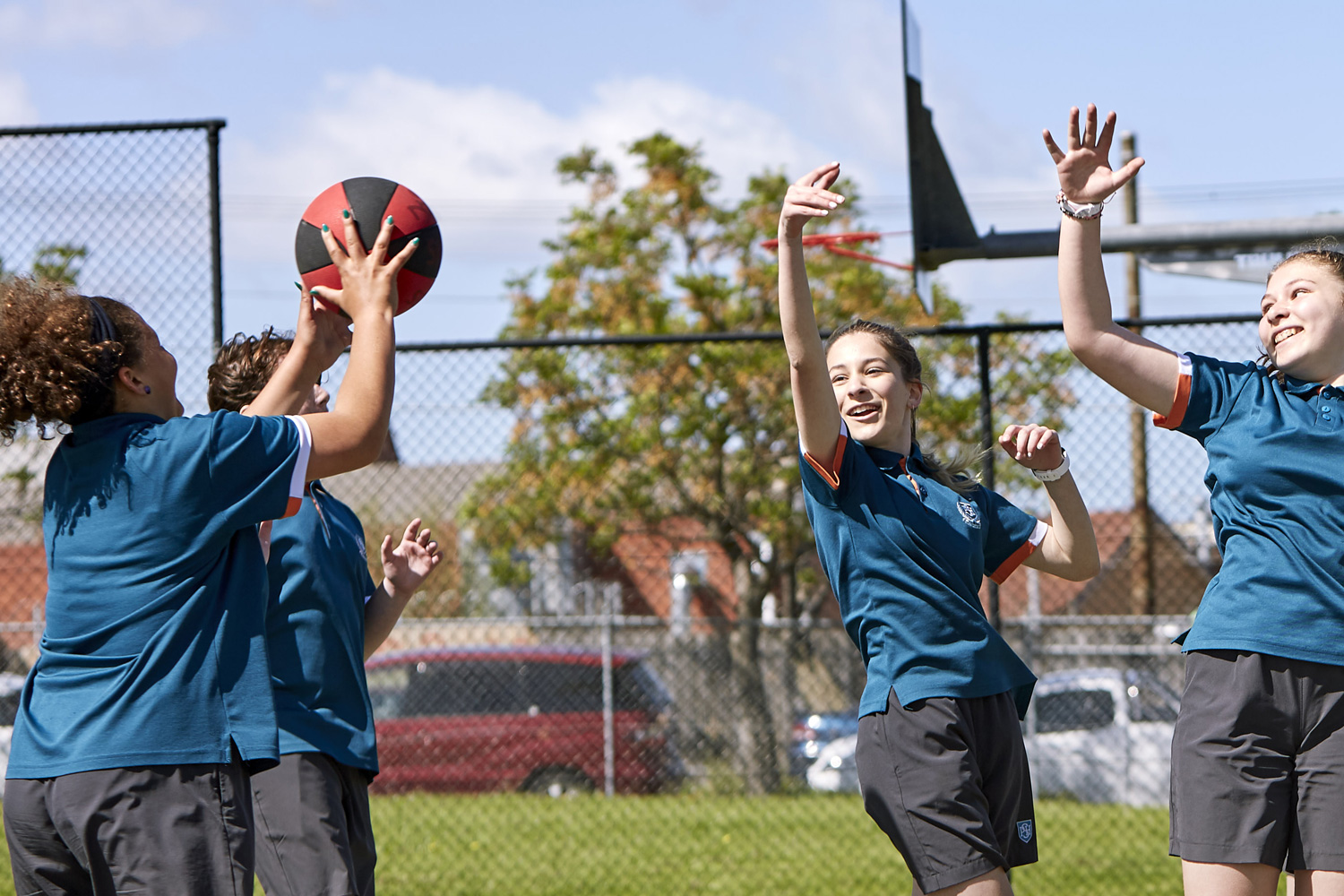
Physical Education
Students develop movement skills and strategies that enable them to confidently participate in a range of physical activities, outdoor recreation, and sports both in Australian society and globally. As a foundation for lifelong physical activity, they learn through practical experience, building an understanding of how and why their bodies move and function.
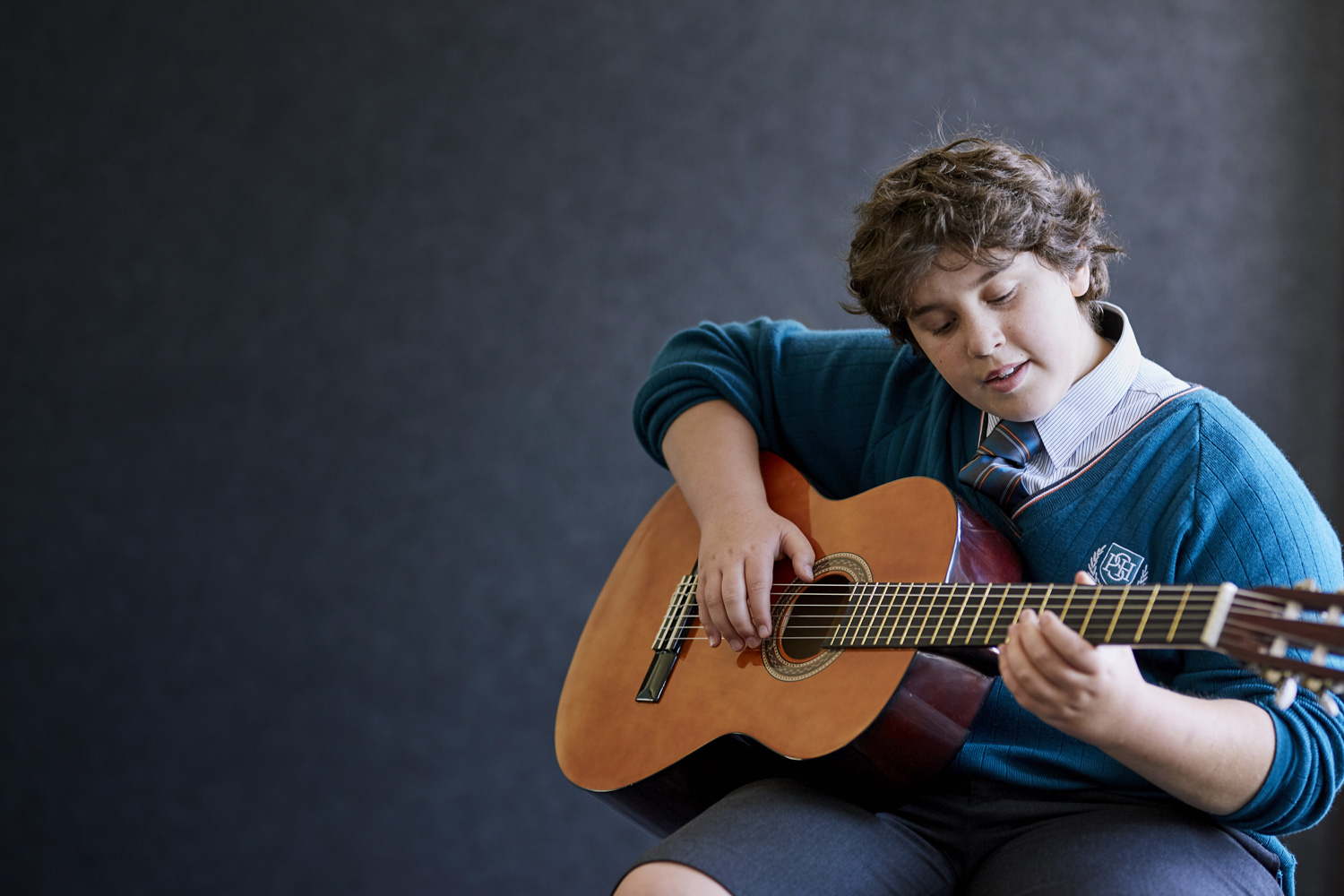
Music
The music curriculum at Preston High School is a blend of performance, listening and composition. It is designed to enable students to successfully engage in all areas of music during their time at school and beyond. Our emphasis on performance, with various ensemble opportunities, including choirs, bands and orchestras, allow for students to develop their musicianship through collaboration with peers and expert teachers. Through listening analysis, students develop a diverse musical vocabulary, learning how musicians manipulate the musical elements and compositional devices to create musical character, while gaining insights into their cultural and historical contexts. Students develop their own capacity for music creation through composition. The skills gained through this process provides students with the tools and technology to explore their musical ideas.
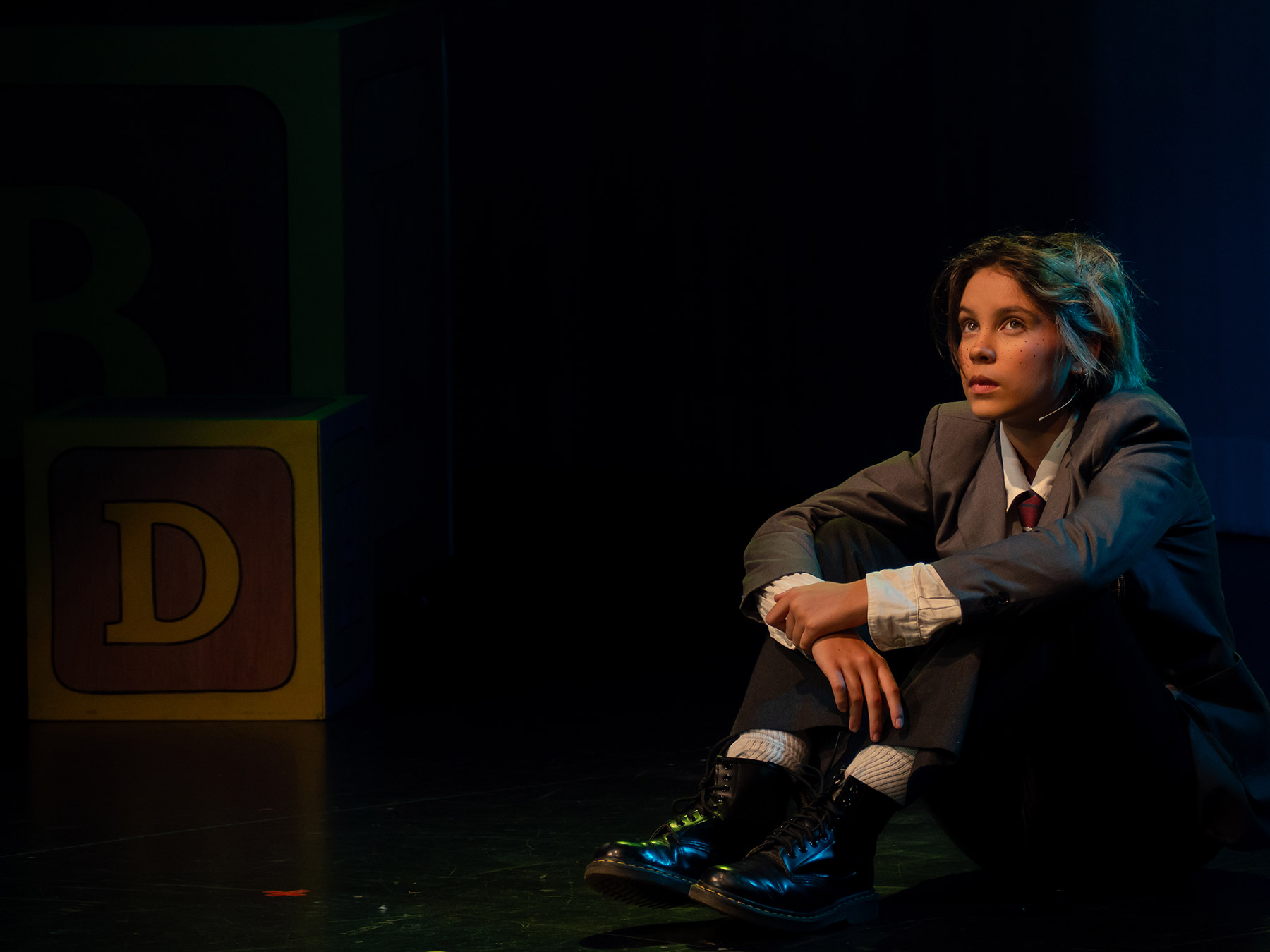
Drama
Drama and Theatre performance at Preston High School is an energetic and contemporary blend of theatre practices, drama skills and performance training. Students find success in performance through developing collaboration, empathy and creative skills and applying these to ensemble performance work. The scope of theatre studies starts with Melodrama, First Nations and Physical theatre in Year 8, and progresses through to non-naturalistic and multi-cultural performance styles in the senior years. Our Drama program extends beyond the classroom with an annual Production, weekly drama club and additional elective classes.
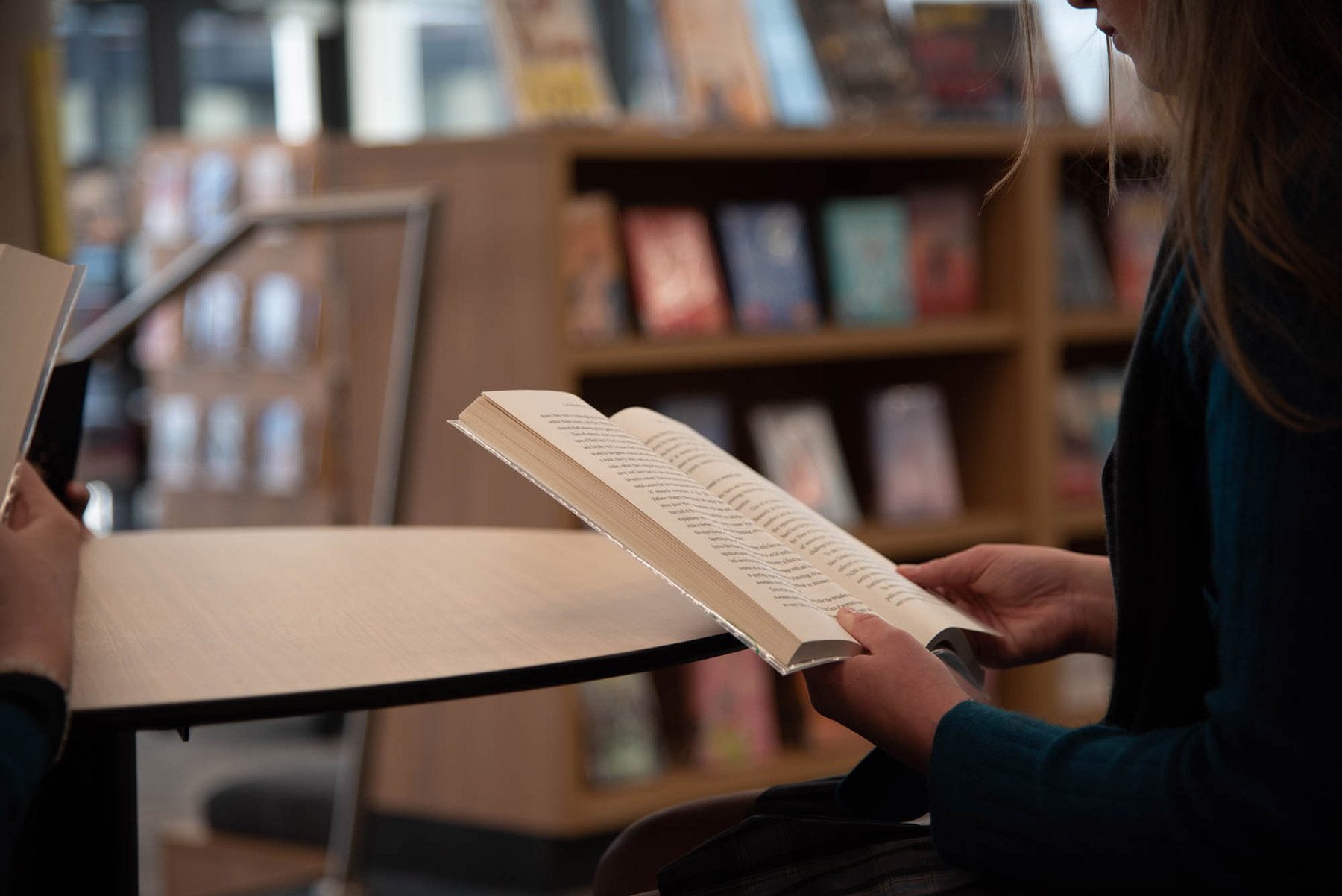
Philosophy
Philosophy, both as a discipline and a way of thinking, is a key part of Preston High School’s identity. Our program involves analysing concepts, generating ideas and evaluating thinking. Questions are at the core of philosophy; these big questions are contestable, important, and span a wide range of disciplines and areas of life. At Preston High School, students are introduced to philosophy through the Da Vinci subject, which presents philosophical thinking as a distinct, useful and powerful form of inquiry applicable across all subjects and areas of life. Students can also engage with philosophy as an elective and a VCE subject. Additionally, multiple philosophy clubs are available to all students before and after school, as well as during lunchtime. We believe that studying philosophy empowers young people to tackle the diverse and complex problems of being active citizens in the 21st century.
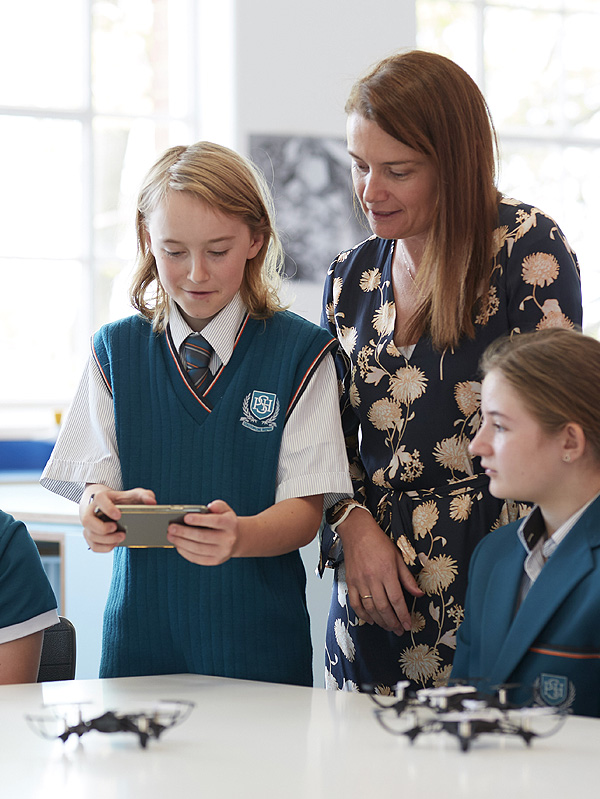
Engineering: Design and Technology
In Engineering: Design and Technology, students follow the Preston High School Design Thinking cycle to create innovative solutions to real life problems. Students will combine concepts from a range of learning areas and will apply digital technologies such as Computer Aided Design (CAD), 3D printing, and laser cutting to ideate, prototype and eventually create physical products in collaboration with classmates. Students will learn the skills of rapid prototyping and the benefits of using an iterative design approach.
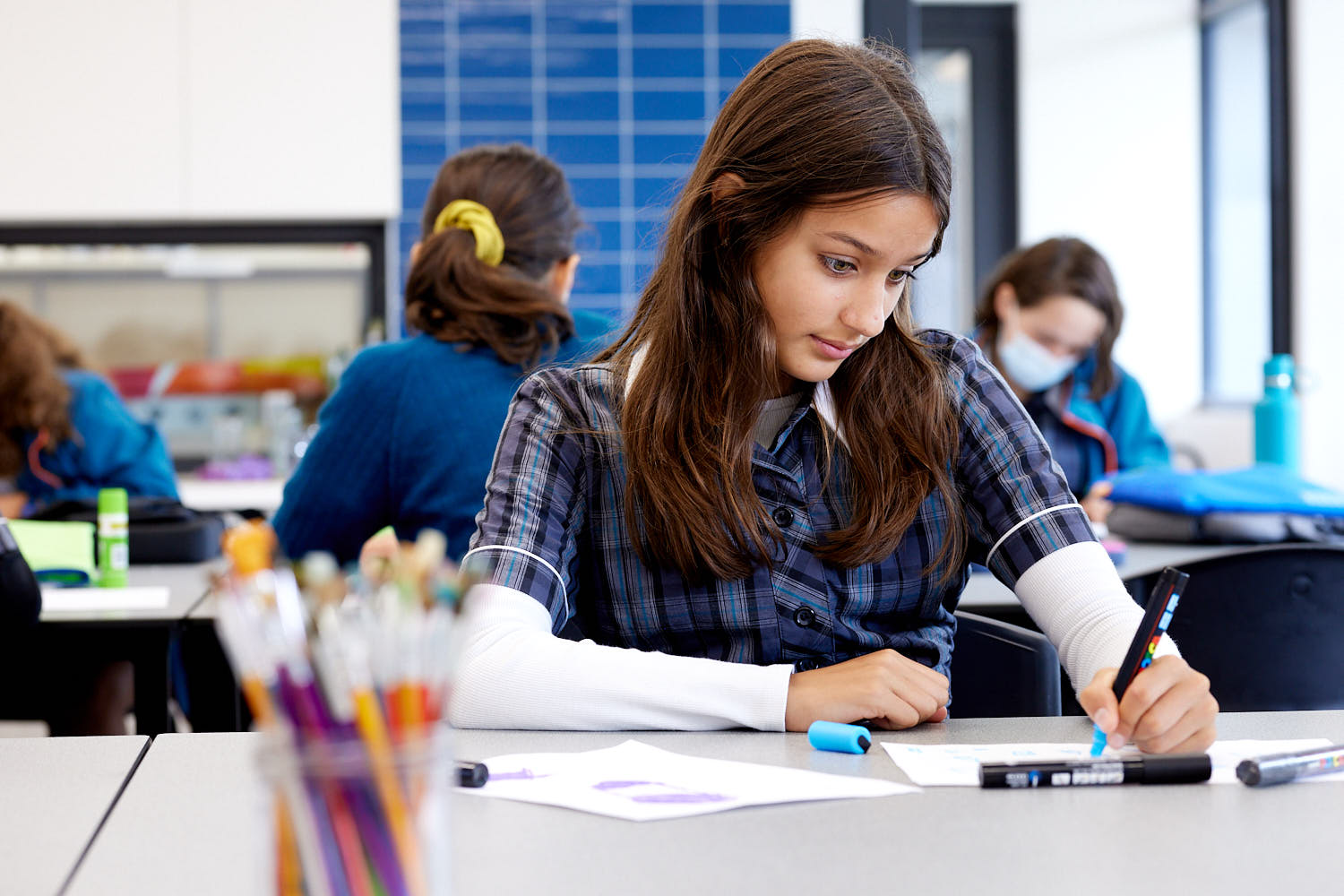
Media
Students investigate media’s far-reaching presence in today’s world and how audiences consume, read, create and produce media products. Students explore how media crafts aspects of ‘reality’ through both advertising and narrative storytelling. They experiment with conveying ideas through images, targeting specific groups of people with messages and ideas. They engage with how the film industry operates to understand the individual roles who collaborate on media products and explore a range of film industry factors like financing, bias and technology to analyse how these contribute to the construction of representations for specific audiences.
